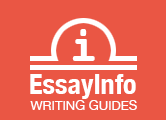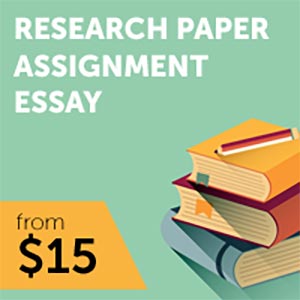Upon entering college, all students are beginners. However, some students undoubtedly have an advantage over others. This advantage can be measured in dollars; the student who has sufficient educational funding is in a position of strength. High schools, of course, know this and have put measures in place to help their students secure scholarship money. Guidance departments and high school counselors provide their juniors and seniors with a plethora of college information, perhaps even financial aid documents and visits from college recruiters. What are homeschooled students to do without these opportunities and resources?
Since homeschooled students lack traditional curricula, GPA's, and school sports, they often are in doubt about scholarship forms that require them to list AP classes, senior ranking numbers, and school leadership experience. Homeschooled students should plan to be involved in the community around them in order to obtain valuable experiences in leadership, community service, and team-building skills. Scholarship providers often want to bestow their scholarships not only upon high academic achievers, but also on well-rounded, community-minded young people with a background full of extra-curricular involvement. For example, I have a young friend who is homeschooled and loves photography. He started entering (and winning) photography contests as a preteen. He also volunteered at a local photography studio several hours a week where he received hands-on experience, as well as the admiration of the studio's owner. More recently, he saved the money he received from a part-time job and built a darkroom to develop his photos. After a few classes at a local community college, he has his sights set on a respected school of visual arts in New York City. Homeschooling didn't hinder his chances for success, but rather allowed him the time to pursue his passion on a full-time basis.
Now homeschoolers apply for the same scholarships as traditionally schooled counterparts and fill out the same financial aid forms due to a 1998 amendment to the Higher Education Act of 1965. Now students without a diploma or equivalent can be eligible for financial aid when they pass one of the approved "ability to benefit" tests. A list of such tests and required scores can be found at: http://www.nasfaa.org/Publications/2001/f011201atb.html
With the cautious use of online resources and a bit of advanced planning, families can be assured that their homeschooled children will be able to enjoy the same advantages of publicly or privately schooled students when it comes to college preparedness.

